Does Alcohol Kill Lice? What Are The Dangers Related To It?
Look at some interesting facts on this surgical spirit and its effect on those pesky lice.
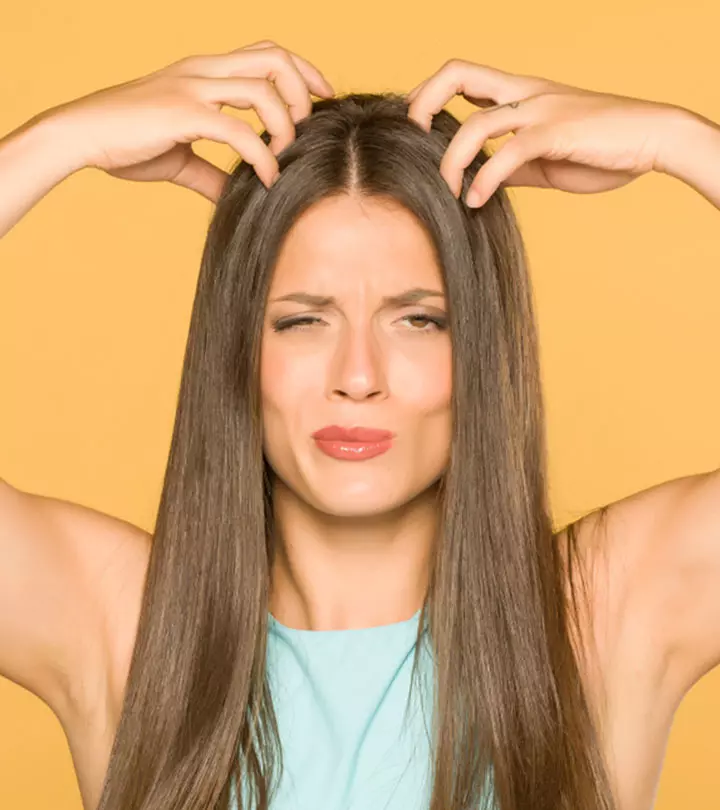
Image: Shutterstock
Many people use alcohol to treat head lice. It is considered non-toxic and safer than pesticides like permethrin, especially for toddlers and adults. However, does it really work? If you are wondering how alcohol can be a harmless solution for head lice treatment, read this article. It discusses how different types of alcohol may work for lice and the potential risks. Scroll down.
In This Article
What Is Rubbing Alcohol?
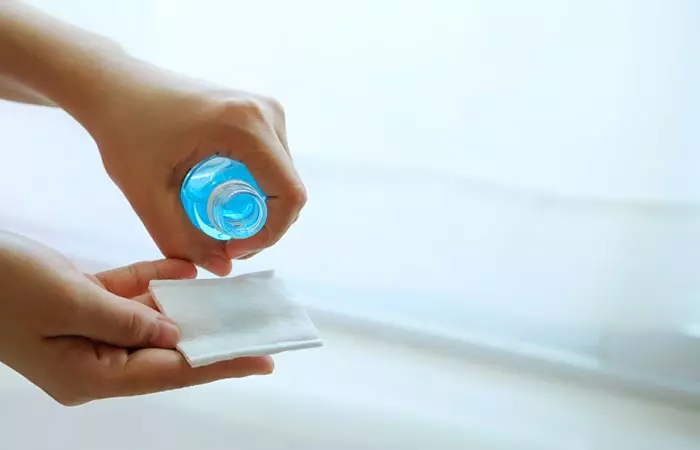
Rubbing alcohol or surgical spirit usually contains isopropyl alcohol and, in a few cases, ethanol. According to the CDC guidelines, FDA has not cleared any disinfectants with alcohol as the main ingredient (1). However, rubbing alcohol is popularly used as a surface disinfectant due to its antimicrobial properties.
So, here’s the most important question: does it help in killing lice? Find out in the next section.
Key Takeaways
- Depending on the type, rubbing alcohol can help contain or eliminate lice infestations.
- Benzyl alcohol kills lice, while isopropyl and ethanol alcohols control infestations.
- Do not apply alcohol directly to your scalp.
- It may cause side effects such as allergic reactions, chemical burns, and scalp dehydration and is flammable.
Does Rubbing Alcohol Kill Lice?
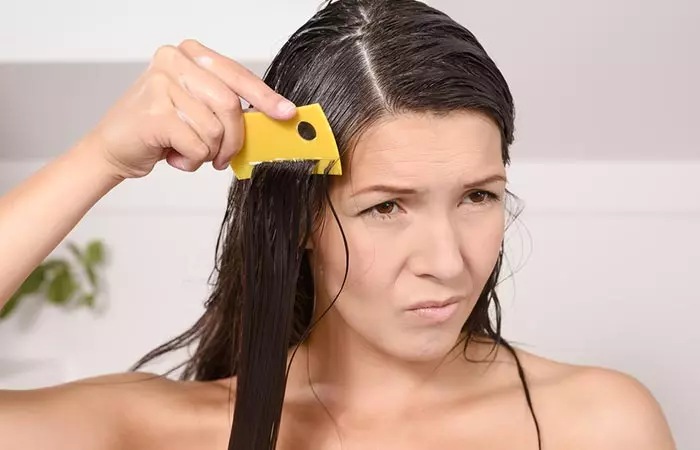
YSo does alcohol kill lice? Yes, to some extent. But, it depends on the type of alcohol you use. Anecdotal evidence suggests that rubbing alcohol (with either isopropanoli It is a clear, colorless alcohol that emits a pungent odor. It can be used as a disinfectant, an antiseptic, or a cleansing solution. or ethanol) helps in controlling lice infestation, while there is scientific data supporting the use of benzyl alcohol to kill lice.
- Benzyl Alcohol
The most effective and safe alcohol to treat a lice infestation is benzyl alcohol. 5% benzyl alcohol lotion has been approved by the FDA for the treatment of head lice (2). This non-neurotoxici It means the liquid in this instance, Benzyl alcohol, does not contain any toxins that can cause harm or damage nerve cells. topical head lice treatment is safe for children as young as 6 months old (3). The alcohol kills lice through asphyxiationi It is a condition caused by a shortage of oxygen in the blood. It can lead to unconsciousness, brain injury, or even death. by closing the respiratory spiraclesi Tiny openings found on the exoskeletons of certain insects which allow the passage of respiratory air. of the louse (4). Thus, it is effective in killing lice but not the nits or lice eggs. A second treatment with benzyl alcohol after a week can kill any newly hatched lice. In rare cases, benzyl alcohol can be mildly irritating. Consult a doctor if such irritation occurs.
- Isopropyl Alcohol
Isopropyl alcohol or isopropanol is a transparent, volatile, colorless liquid used as a solvent and disinfectant. It is applied topically as an antiseptic and is effective at 70-90% strength. It is widely believed that this alcohol dissolves the outer cell membranes of the louse. Further research is needed to understand the mechanism and efficacy of using isopropyl for killing lice.
Oge Ojimba, a Nigerian YouTuber, shared that her whole family was plagued with a head lice infestation. Thankfully, her stylist recommended using isopropyl alcohol to completely eradicate head lice from their heads. She says, “The stylist told me that I should use it for just 30 minutes and then wash it out (i).” However, she mentions that she did not want to risk the lice staying alive and adds, “I spent two hours with it to be sure that they are all dead.”
- Ethanol Alcohol
Ethanol is used as a disinfectant, solvent, and preservative due to its antimicrobial properties. It is speculated that ethanol alcohol kills germs by denaturingi To change the characteristics or natural qualities of a protein's molecular structure present in a living organism. the cellular proteins and dissolving the lipid membranesi Complex fluids surrounding the cells, which act as a boundary between inner cellular space and outside environment. of the microorganisms. However, it is recommended that you never apply alcohol directly to the scalp.
 Trivia
TriviaSo, we have learned that different alcohols can be used to treat lice. Keep reading if you want to know the risks associated with using them.
What Are The Dangers Associated With Using Rubbing Alcohol To Kill Lice?
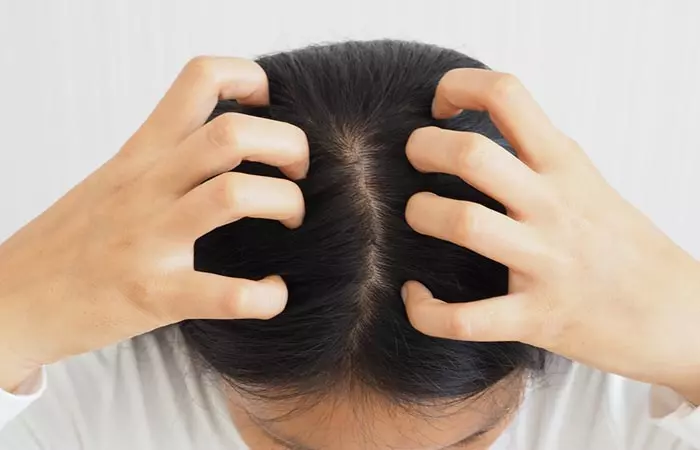
- Allergic: If you are allergic to alcohol, it can cause itching, stinging, and even hives in extreme cases. A simple patch test on the forearm can be done to check for such reactions.
- Dehydration Of The Scalp: The drying nature of the alcohol can strip away the moisture and natural oils from your hair and scalp. It may also damage the hair follicles. You can try deep conditioning treatments, such as hair masks, oil massage, etc., to hydrate the scalp after alcohol application to bring back its health and shine.
 Quick Tip
Quick Tip- Chemical Burns: Topical application of alcohol can put you at risk of getting chemical burns, especially if you have sensitive skin or any open wounds or cuts. The strong fumes may cause your eyes to tear up and cause a burning sensation. In case the alcohol gets into your eyes, wash them out immediately with cold water and seek medical attention.
- Alcohol Is Flammable: The highly flammable nature of alcohol can be a health hazard, especially for kids. Using it on the scalp can put the child at risk of burns. Make sure you are at a safe distance from any open fires when using alcohol to kill these head bugs.
Using alcohol for lice treatment poses many risks. This is where natural treatment methods help. Learn more in the next section.
Chemical-Free Lice Treatment Options
- Wet Combing
Use a fine-toothed comb to remove lice and nits from the hair. Wet the hair and apply a conditioner for easier combing.
Mayonnaise Or Olive Oil
Applying mayonnaise or olive oil for head lice can be a good alternative to alcohol. Apply them to the hair and leave it on overnight to suffocate the lice (5). Comb through the hair to remove dead lice and nits.
- Tea Tree Oil
Tea tree oil may help kill the lice quickly and effectively (6). Mix a few drops of the oil with a carrier oil and apply the mixture to the scalp. There is some evidence that shows the efficacy of using tea tree oil for lice. You may consider learning more about the mechanism of action before trying this remedy.
- Manual Removal
Carefully pick out lice and nits from the hair using a pair of tweezers.
Moreover, you may also learn more about how to get rid of head lice and explore other methods if you want to avoid applying alcohol to your scalp.
Infographic: Types Of Alcohol That May Kill Head Lice
Rubbing alcohol is a commonly used disinfectant that may also help kill lice to some extent. However, its effectiveness depends on the type of alcohol used and the way it works. In the infographic below, we have listed the different types of alcohol and how they act against lice. Check it out.
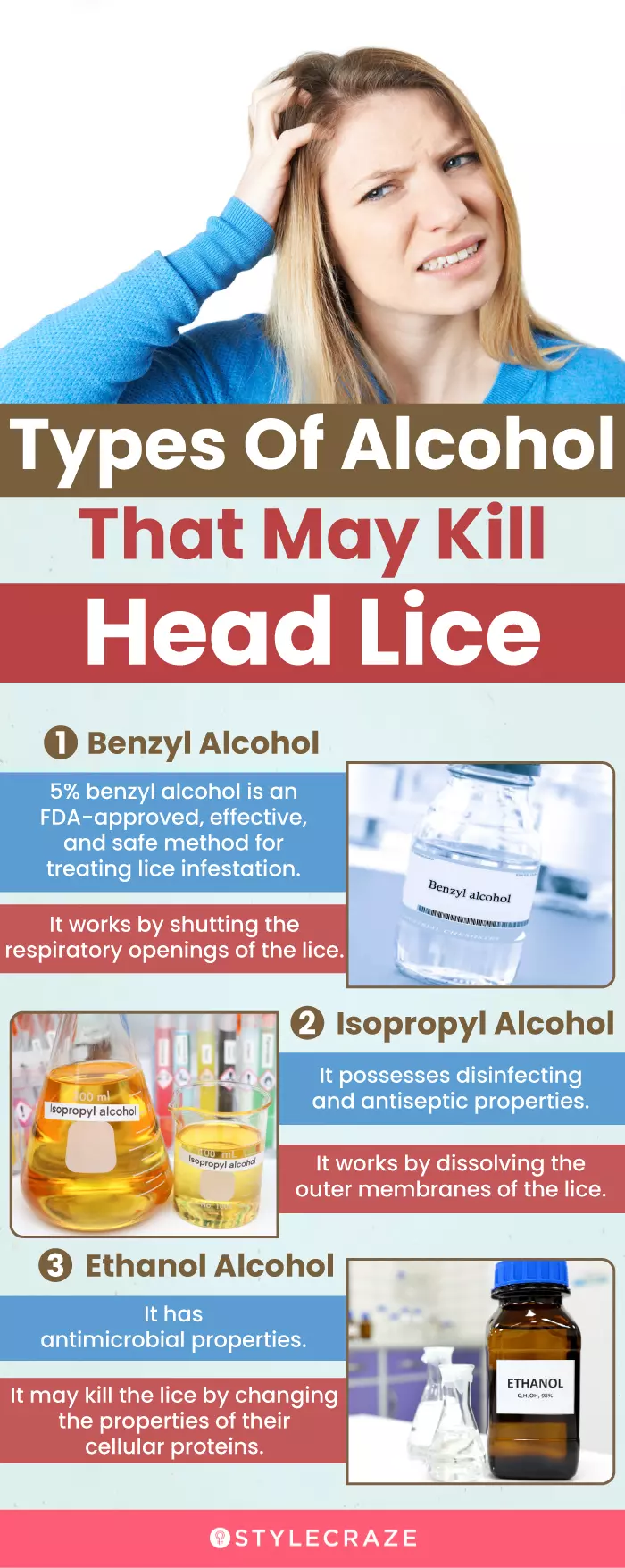
Illustration: StyleCraze Design Team
One of the more prevalent methods of treating head lice is using alcohol and alcohol-based lice treatment. Using rubbing alcohol with ethanol or isopropyl alcohol may kill lice. In addition, the FDA has approved shampoos or solutions containing 5% benzyl alcohol for lice treatment. They are a better option than toxic pesticides. However, there are some dangers associated with products and home remedies with alcohol. Allergies, drying of the scalp, and chemical burns are all possible side effects. As a result, it is best to use them with caution.
Frequently Asked Questions
What should I do if I experience irritation after using alcohol?
If you notice irritation after using alcohol, don’t worry. Simply rinse the area with cool water and stop using alcohol. You may also apply a gentle conditioner to soothe the scalp. If the irritation persists, consult a healthcare provider. If you have any hair issues or scalp problems or are applying any medication to your scalp, it is essential to consult your doctor before using alcohol.
How long does it take rubbing alcohol to kill lice?
It depends on the rubbing alcohol you use. Some types can be left for 10 minutes, while others need to be left on for an hour. If you feel any burning or inflammation, wash off the alcohol immediately.
Will hand sanitizer kill lice?
While hand sanitizers do contain alcohol, they don’t kill lice. They may slow down lice for some time, so you can remove them with a fine comb.
Will vodka kill lice?
You can mix vodka (3 tablespoons) with tea tree oil (5-10 drops) to remove lice from your scalp. Apply it with a cotton ball and leave it in your hair overnight. Wash it off your hair in the morning.
Is hydrogen peroxide the same thing as alcohol?
No, hydrogen peroxide is not a type of alcohol. It is a bleaching agent used to lighten or remove color from hair and clothes.
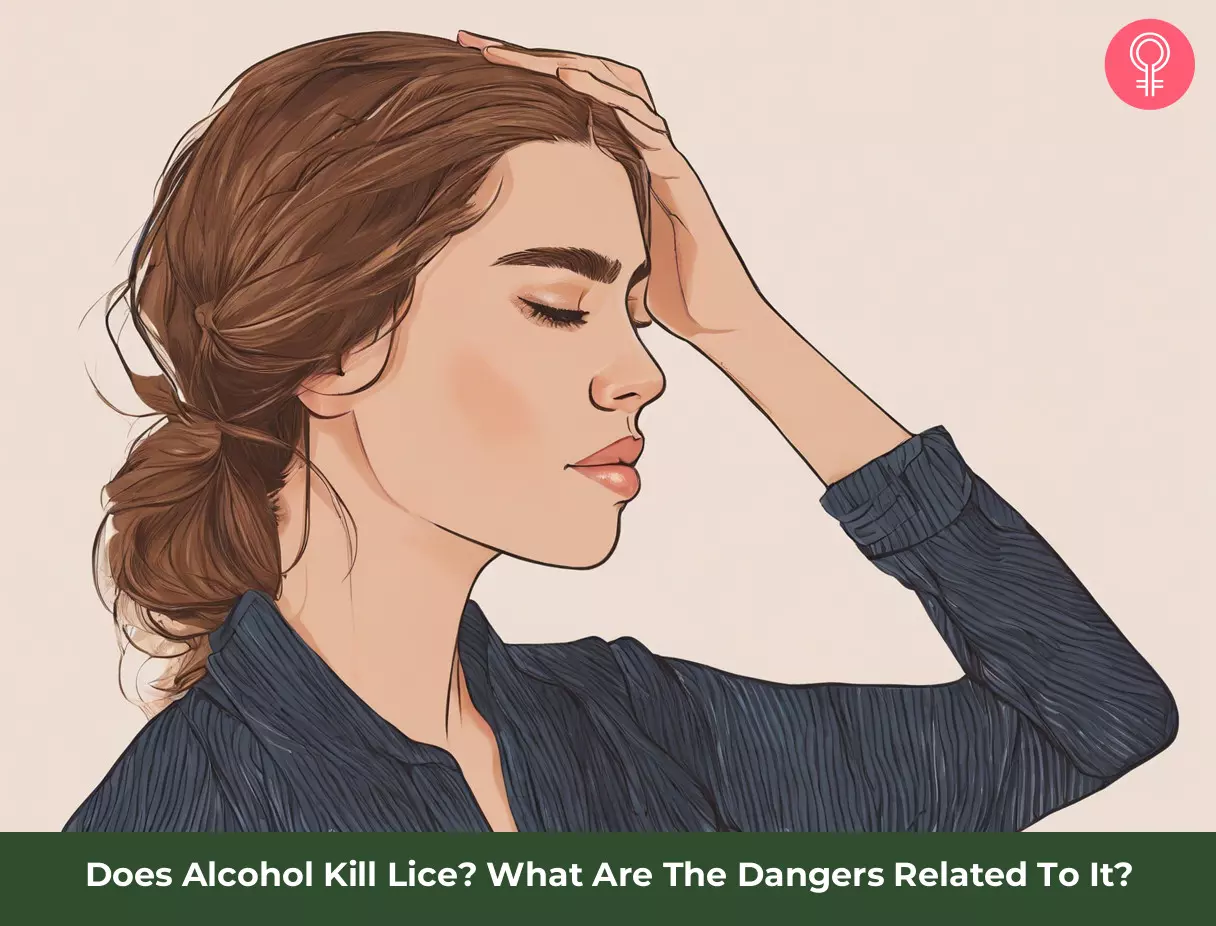
Image: Stable Diffusion/StyleCraze Design Team
It isn’t easy to get rid of lice, but it sure is easy to get. They are tough tiny creatures that are seriously hard to kill. Check out this video to find out why they are this way.
Personal Experience: Source
StyleCraze's articles are interwoven with authentic personal narratives that provide depth and resonance to our content. Below are the sources of the personal accounts referenced in this article.
i. How to get rid of head lice in 1 hour !!! (very simple technique) #nigerianyoutuber #portharcourthttps://www.youtube.com/watch?v=3B5K6GAn6qQ
References
Articles on StyleCraze are backed by verified information from peer-reviewed and academic research papers, reputed organizations, research institutions, and medical associations to ensure accuracy and relevance. Read our editorial policy to learn more.
- Chemical Disinfectants,
https://www.cdc.gov/infection-control/hcp/disinfection-sterilization/chemical-disinfectants.html?CDC_AAref_Val=https://www.cdc.gov/infectioncontrol/guidelines/disinfection/disinfection-methods/chemical.html - The clinical trials supporting benzyl alcohol lotion 5% (Ulesfia): a safe and effective topical treatment for head lice (pediculosis humanus capitis)
https://pubmed.ncbi.nlm.nih.gov/20199404/ - The Clinical Trials Supporting Benzyl Alcohol Lotion 5% (UlesfiaTM): A Safe and Effective Topical Treatment for Head Lice (Pediculosis Humanus Capitis),
https://onlinelibrary.wiley.com/doi/abs/10.1111/j.1525-1470.2009.01059.x - ULESFIA- benzyl alcohol lotion,
https://dailymed.nlm.nih.gov/dailymed/fda/fdaDrugXsl.cfm?setid=5754f979-32b7-4406-a3a9-ed36aac6a37a&type=display - Prevention and treatment of head lice in children
https://pubmed.ncbi.nlm.nih.gov/10937452/# - Activity of tea tree oil and nerolidol alone or in combination against Pediculus capitis (head lice) and its eggs
https://www.ncbi.nlm.nih.gov/pmc/articles/PMC3480584/#
Read full bio of Madison Dufour
Read full bio of Annie Jangam
Read full bio of Eshna Das
Read full bio of Swathi E






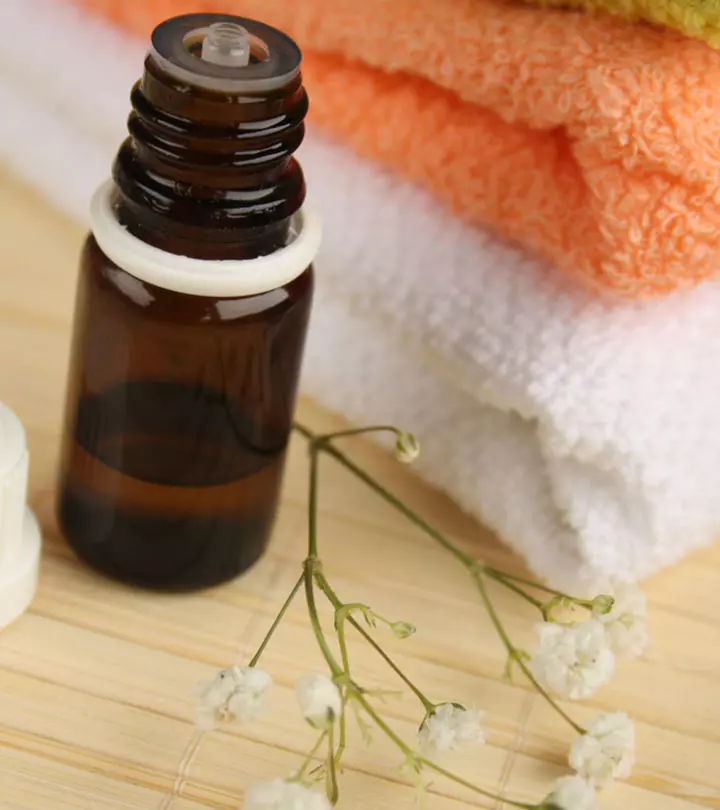

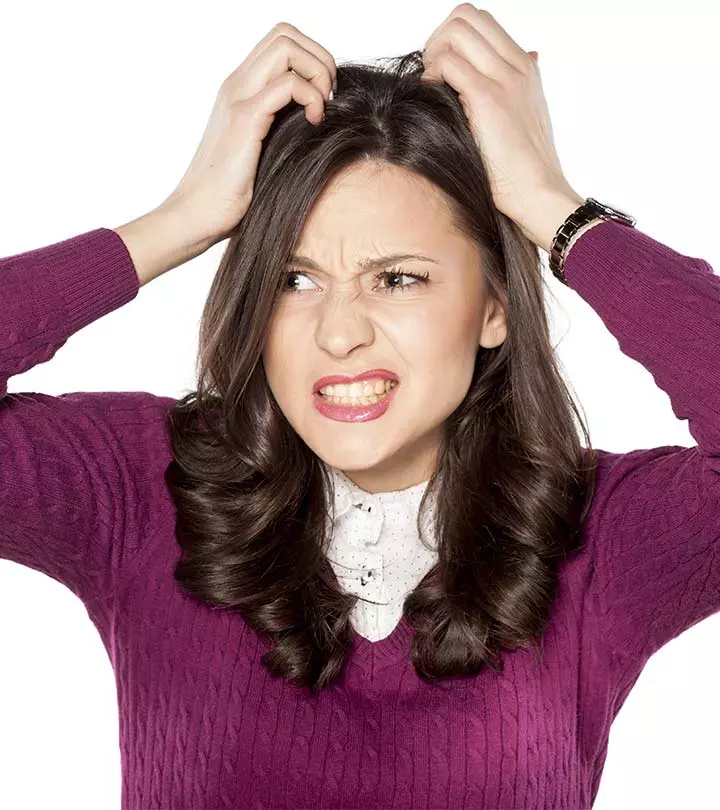
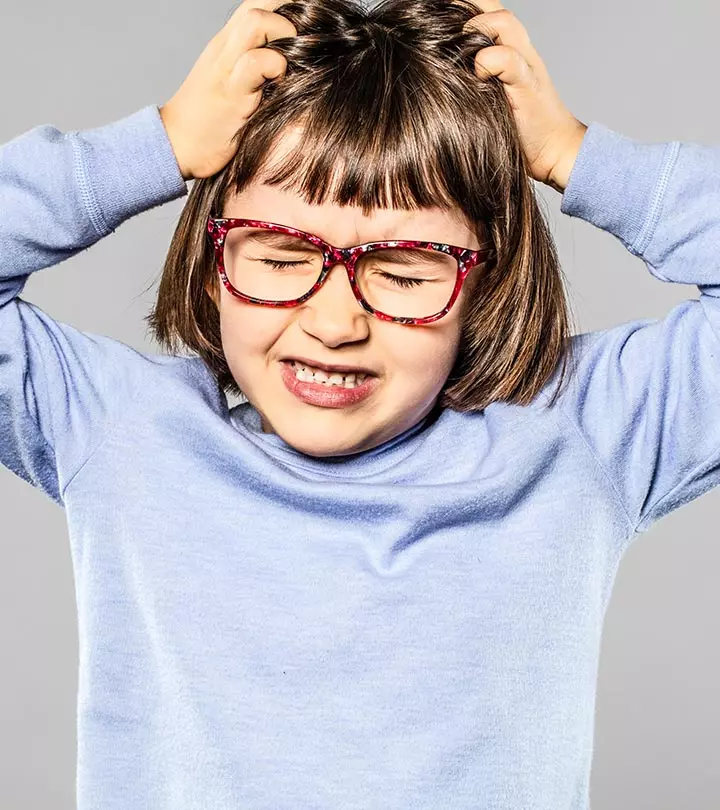
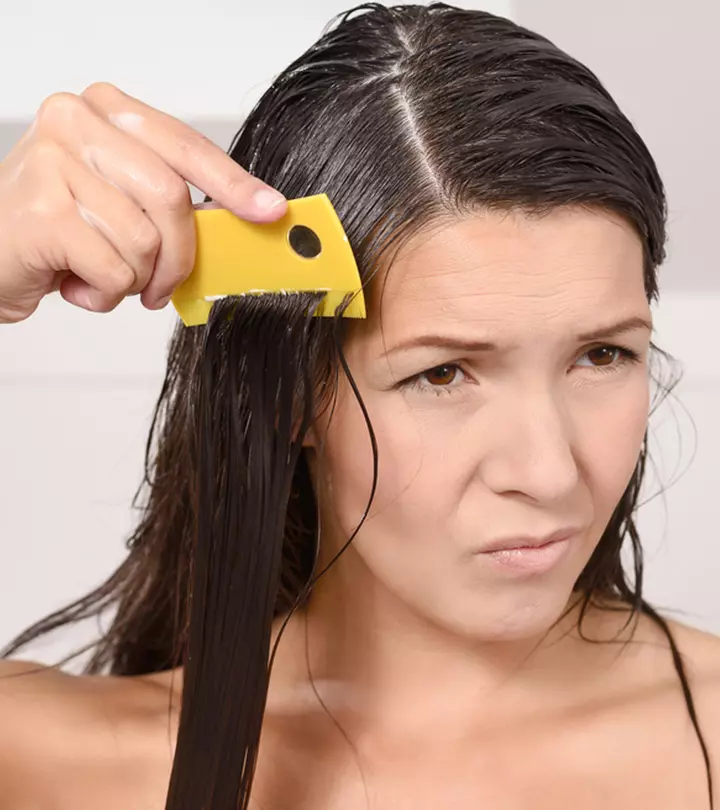
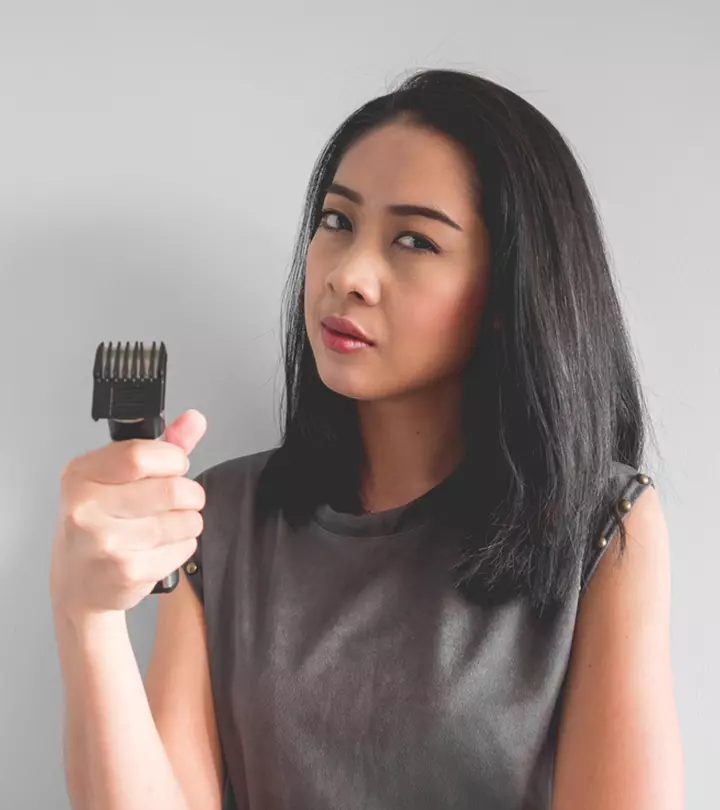
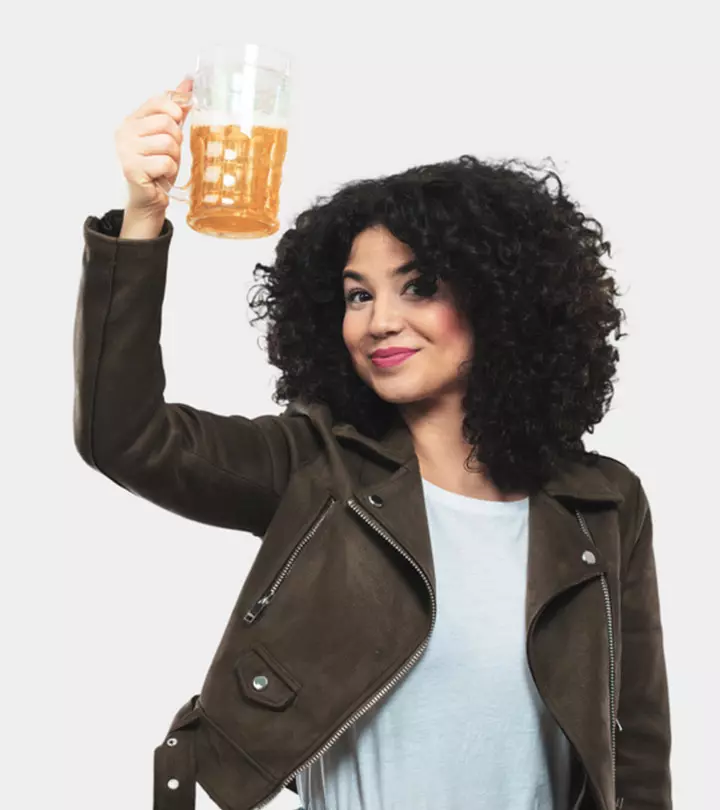
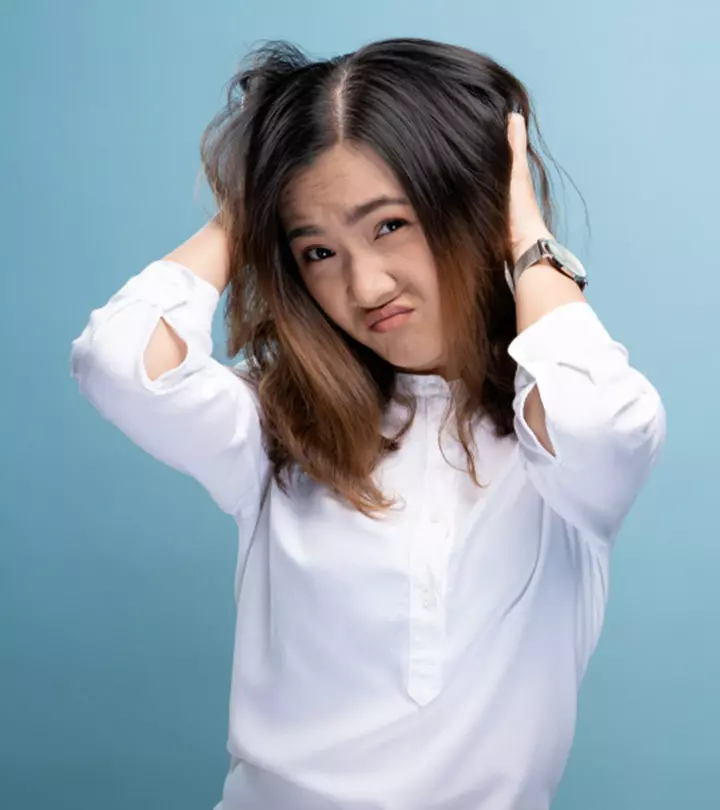
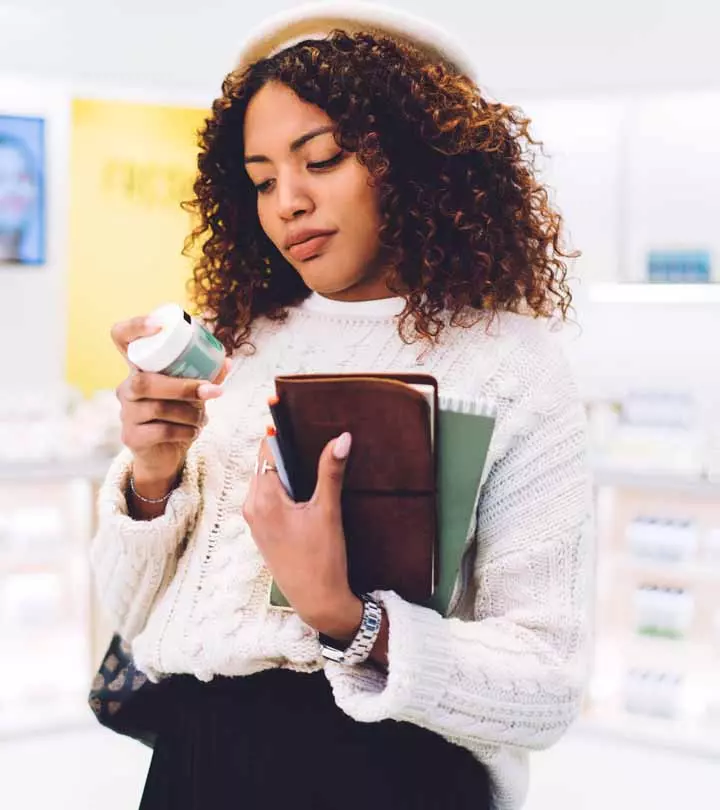
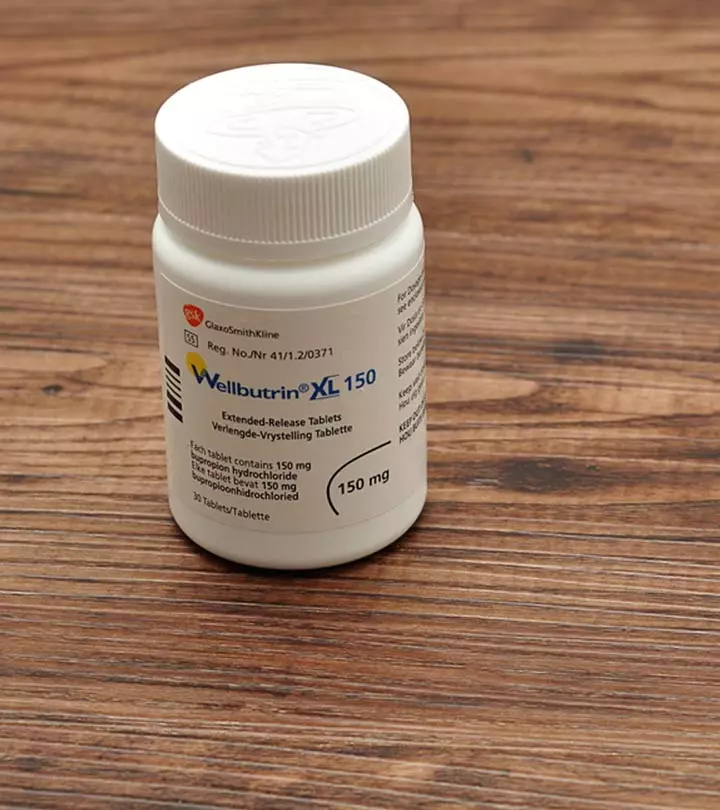
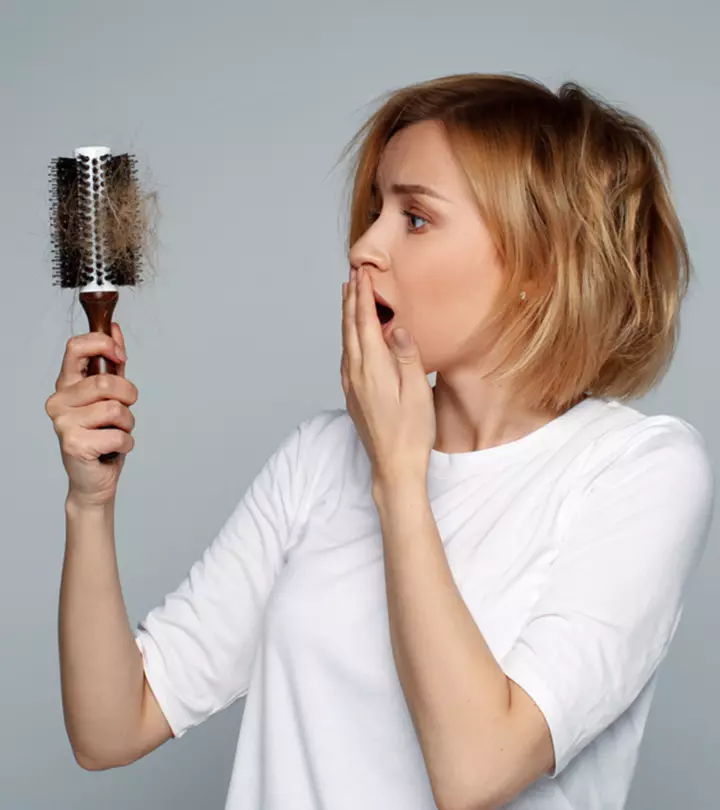
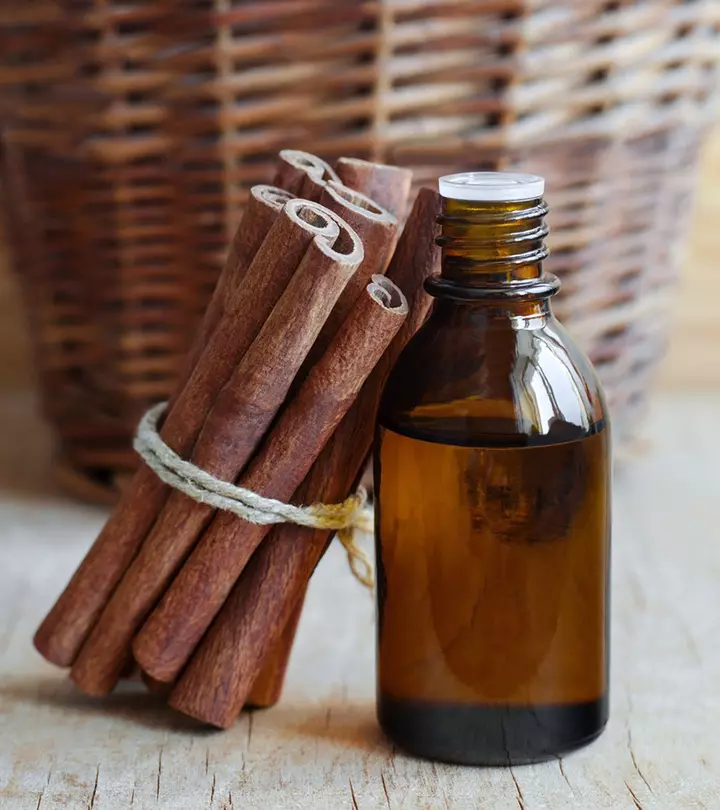
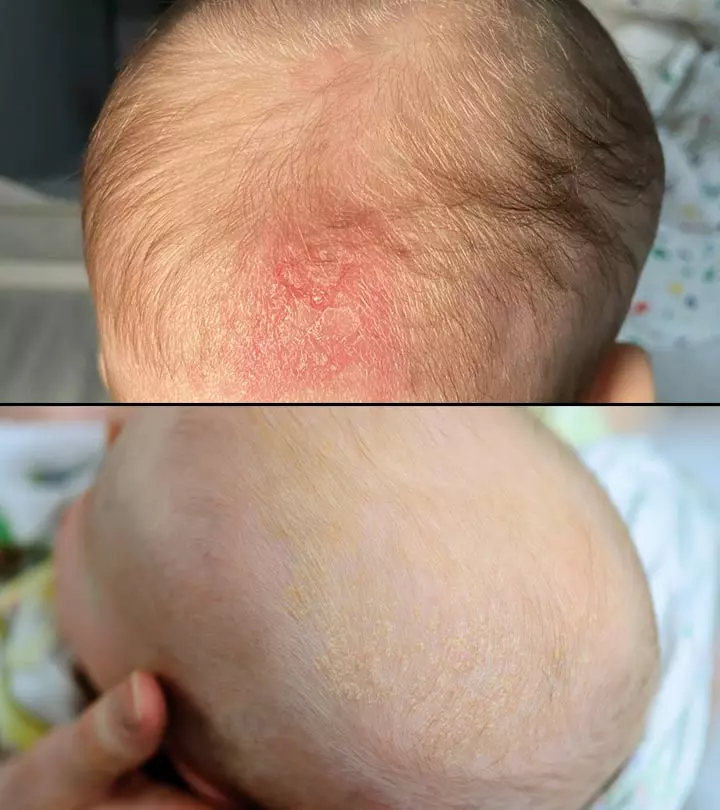
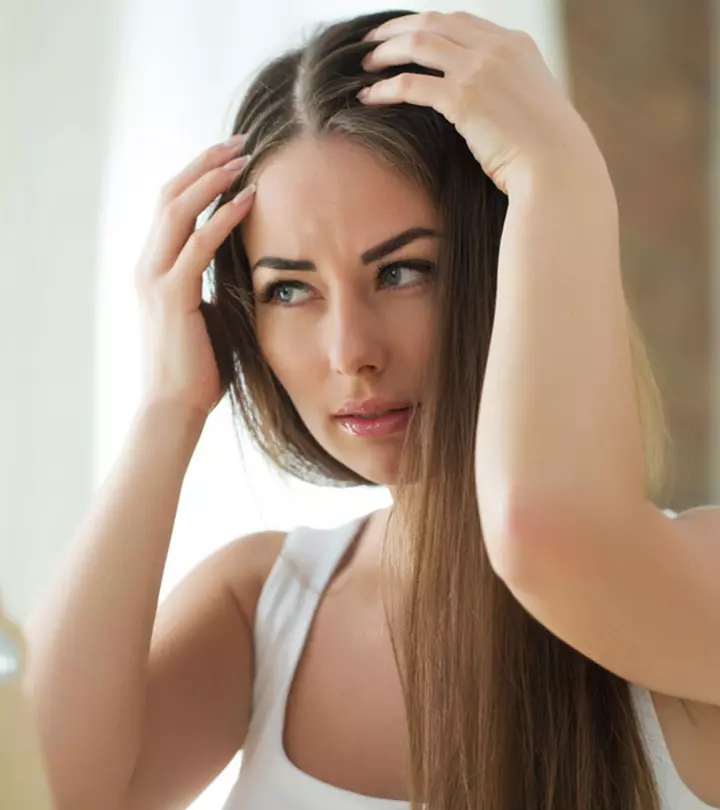
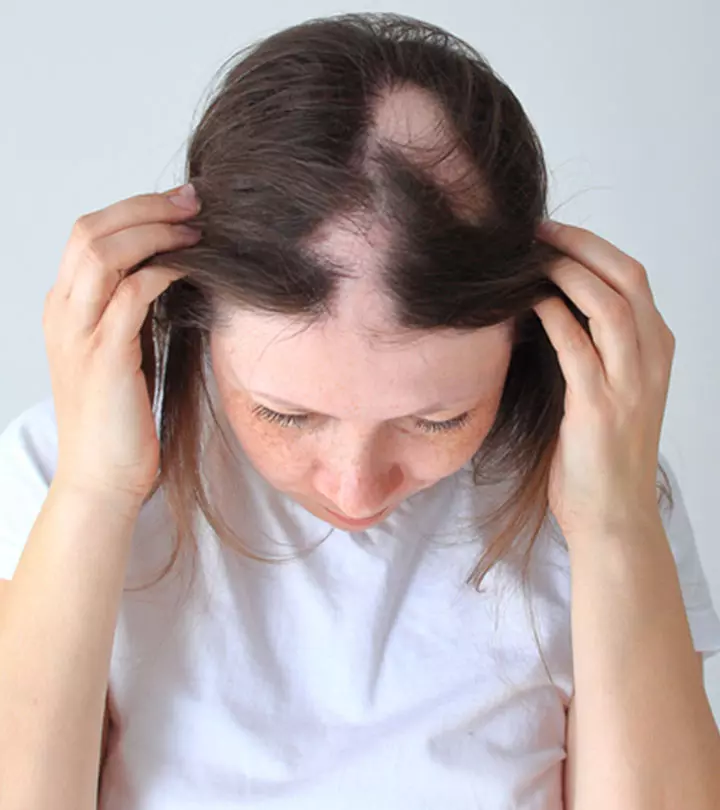
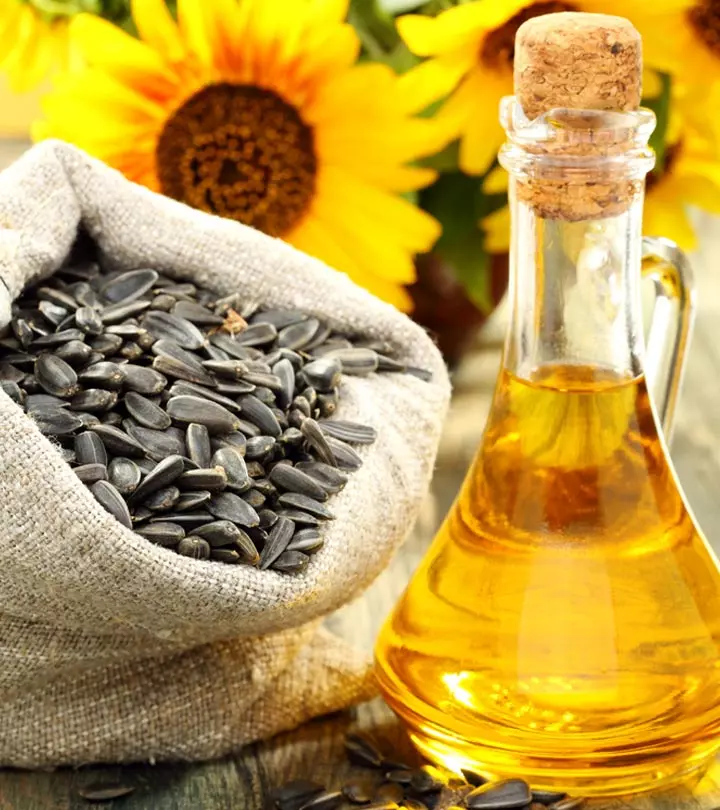
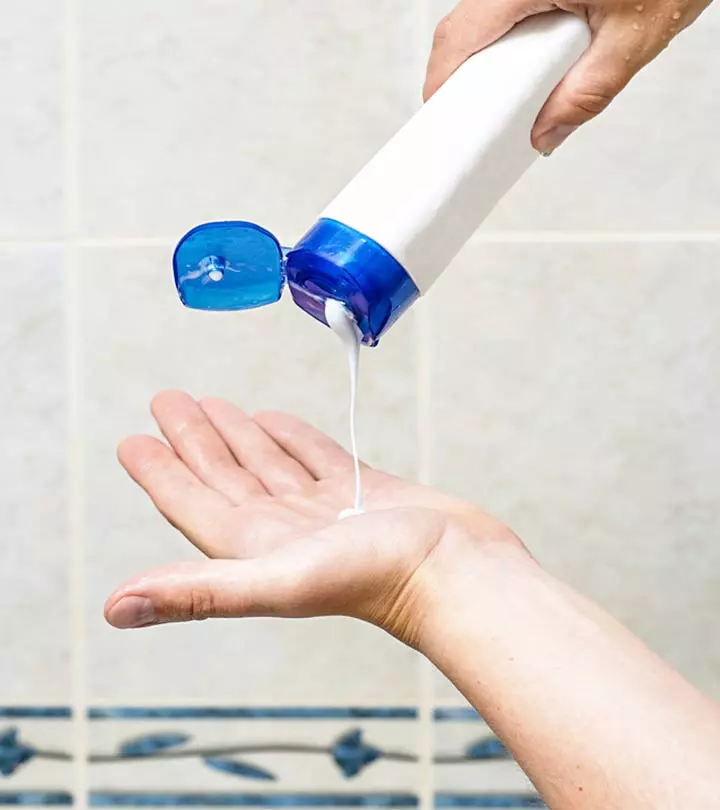
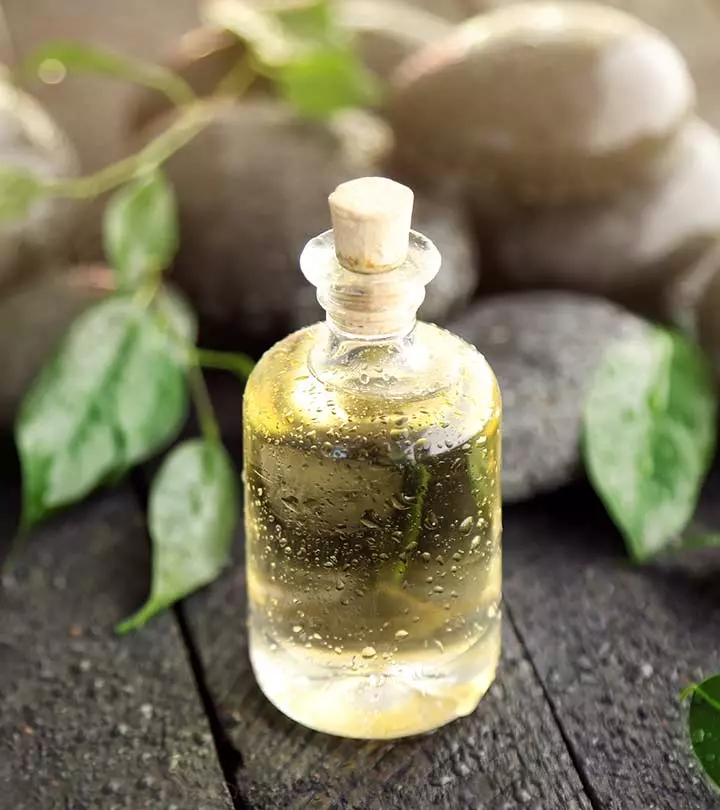
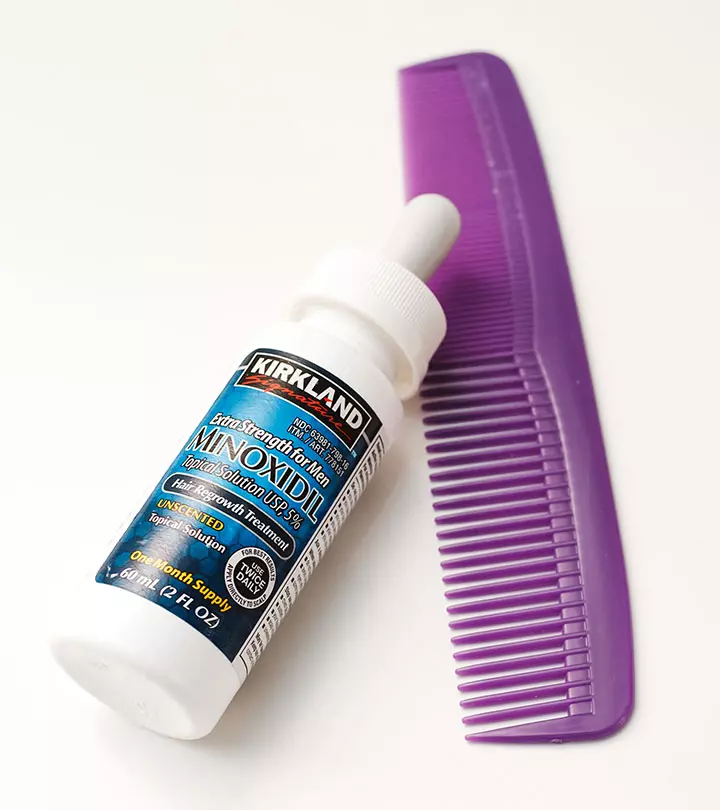
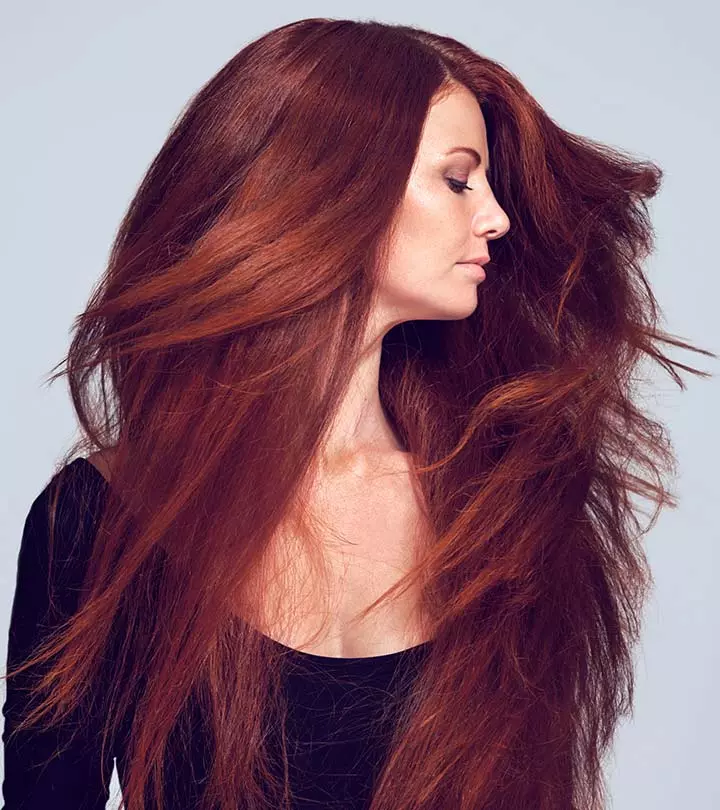
Community Experiences
Join the conversation and become a part of our empowering community! Share your stories, experiences, and insights to connect with other beauty, lifestyle, and health enthusiasts.